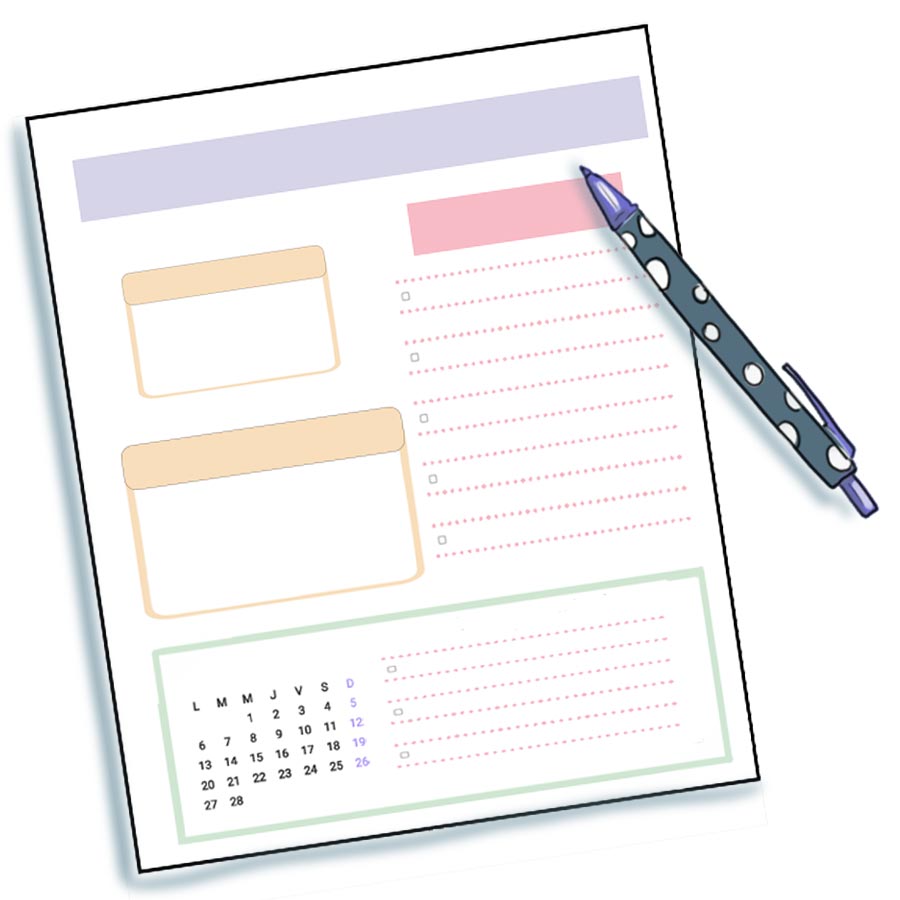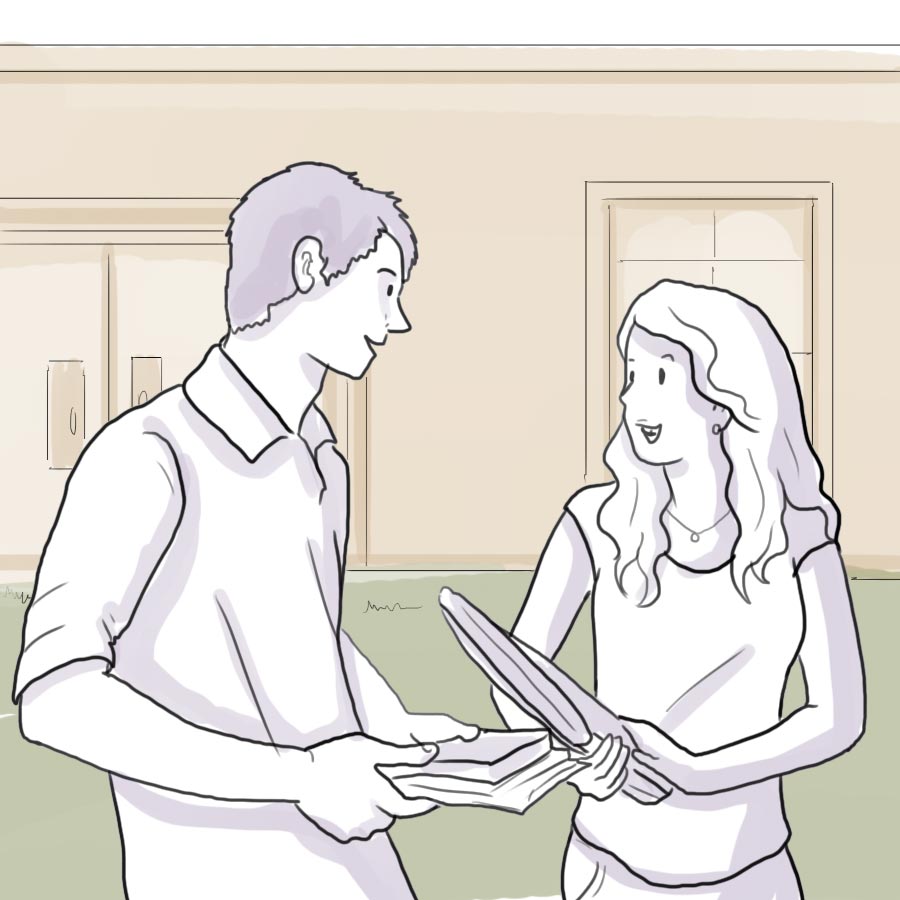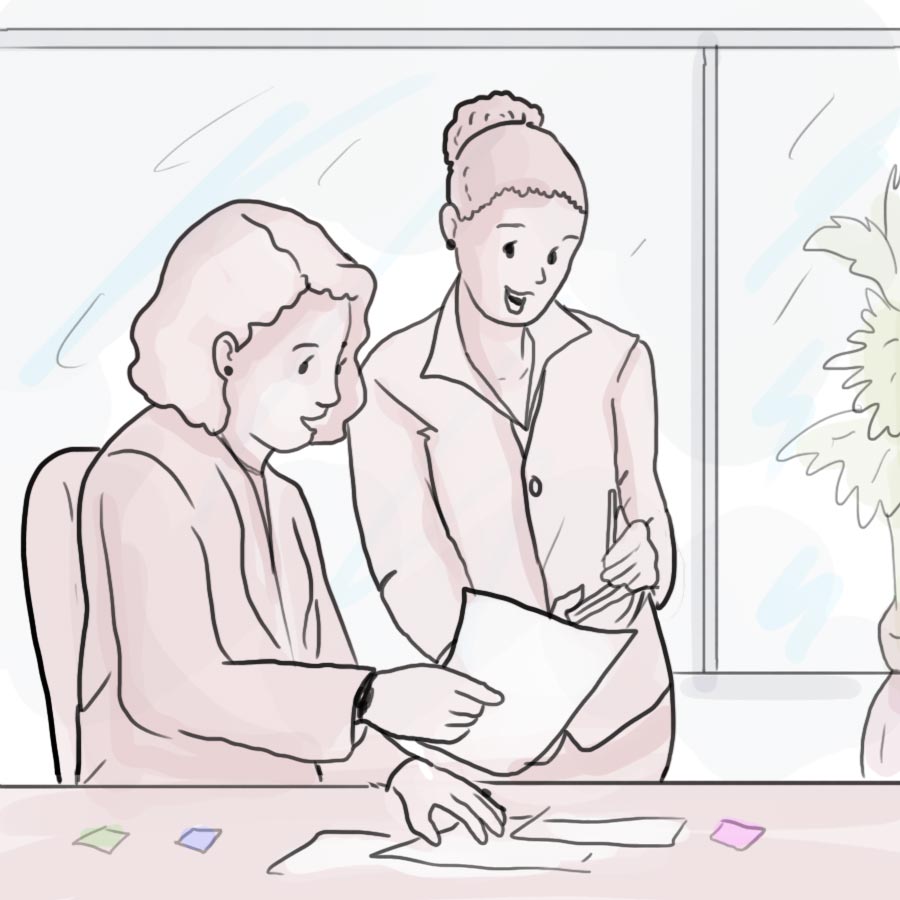
We use “BE GOING TO” to express our plans and intentions.
Listen to some examples:
If we have a list of activities to do in the future, remember the words to sequence your plans:
Listen to the example:
When we interact and speak with another person to make plans, we sometimes need to open the conversation and ask and give suggestions. Check these useful phrases.
Phrases to open a conversation: they help you when you need to talk to a person.
Phrases to ask and give suggestions:: they help you to clarify your plans.
At school
- Read the conversation, then press the play button on each of the prompts.
- Complete the dialog with an appropriate response from your own idea, then record it making click on the blue button.
- Compare your audio and your answers with the sample.

At work
Let's do the same but now in a work scenario. Imagine it’s Friday and you are about to go home, but you need to talk to your boss.
- Read the conversation, then press the play button on each of the prompts.
- Complete the dialog with an appropriate response from your own idea, then record it making click on the blue button.
- Compare your audio and your answers with the sample.

Take this test to check your speaking performance, remember that you need to include all of these aspects in your conversations.
| Speaking performance test | Yes | No |
|
I used expressions to open a conversation. |
|
|
|
I expressed my plans using “Be going to” |
|
|
|
I used phrases to ask and give suggestions. |
|
|
|
I sequenced my plans and used phrases like first, then, later, after that and finally. |
|
|
|
I connected my ideas with phrases like: and, but, also. |
|
|
😁 If you got 5 "yes" answers, you are awesome!
🤨 If you got 3 or 4 “yes”, you need to practice a little bit more.
😔 If you got 1 or 2 “yes” , check again the contents in this material.


